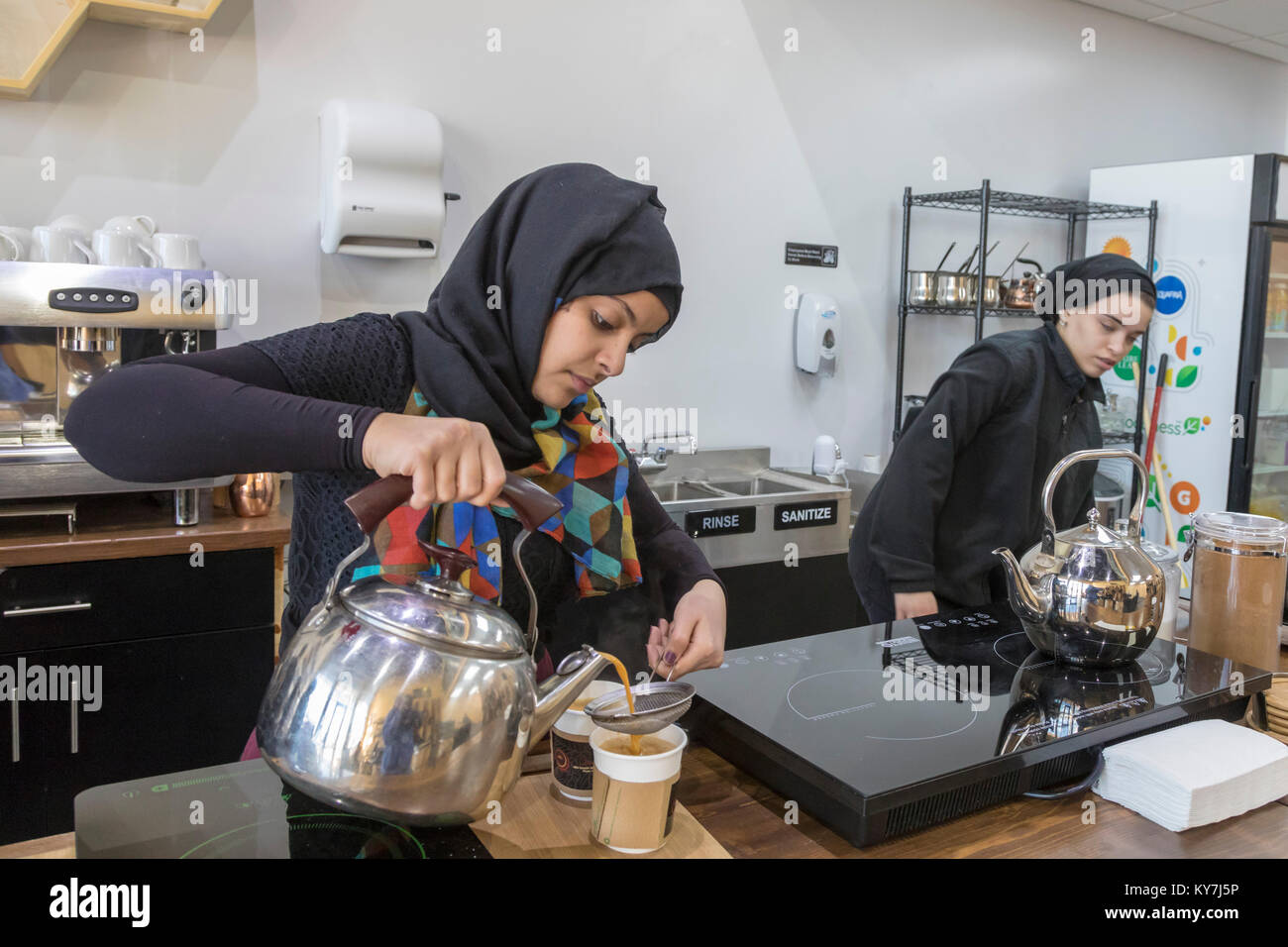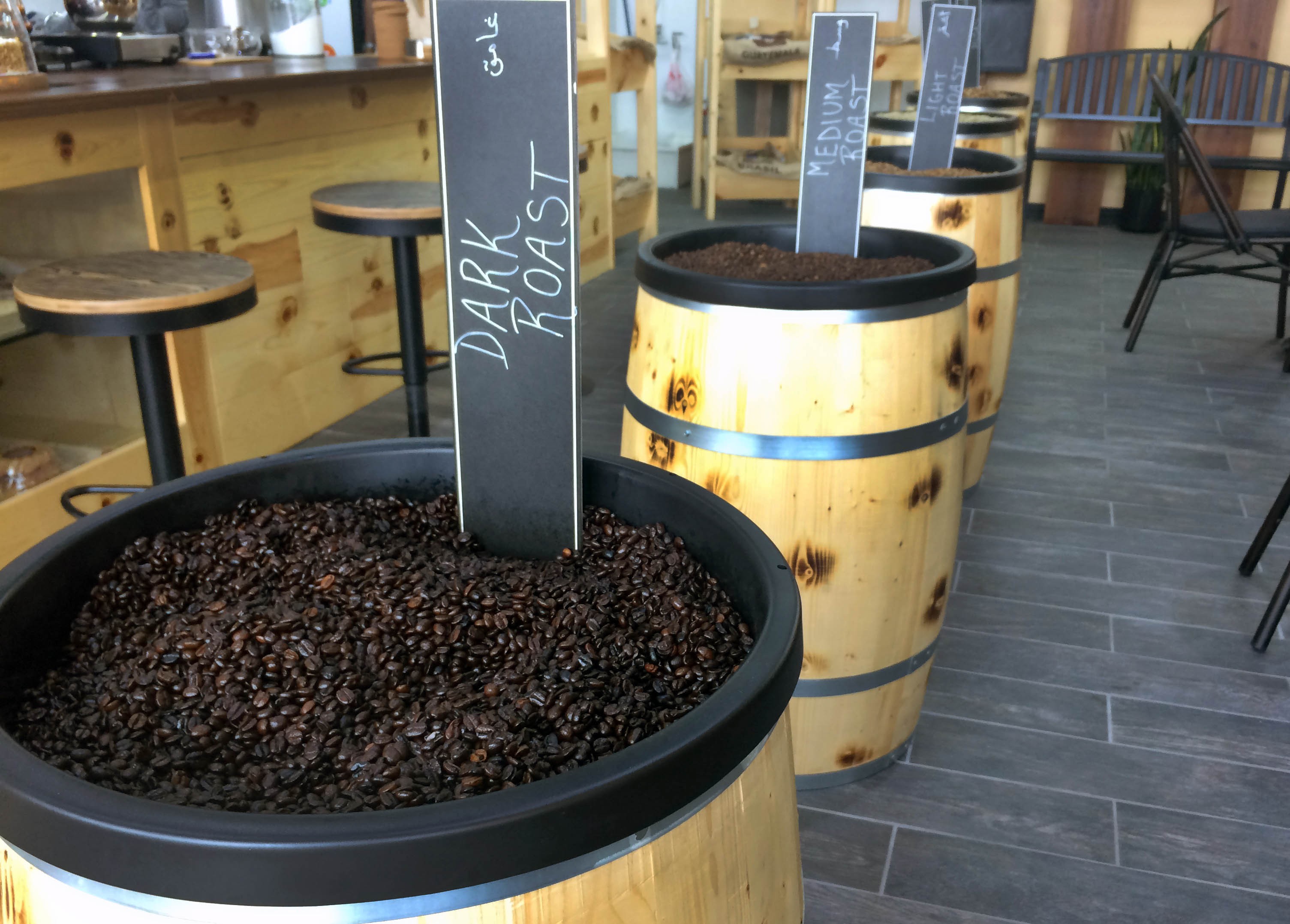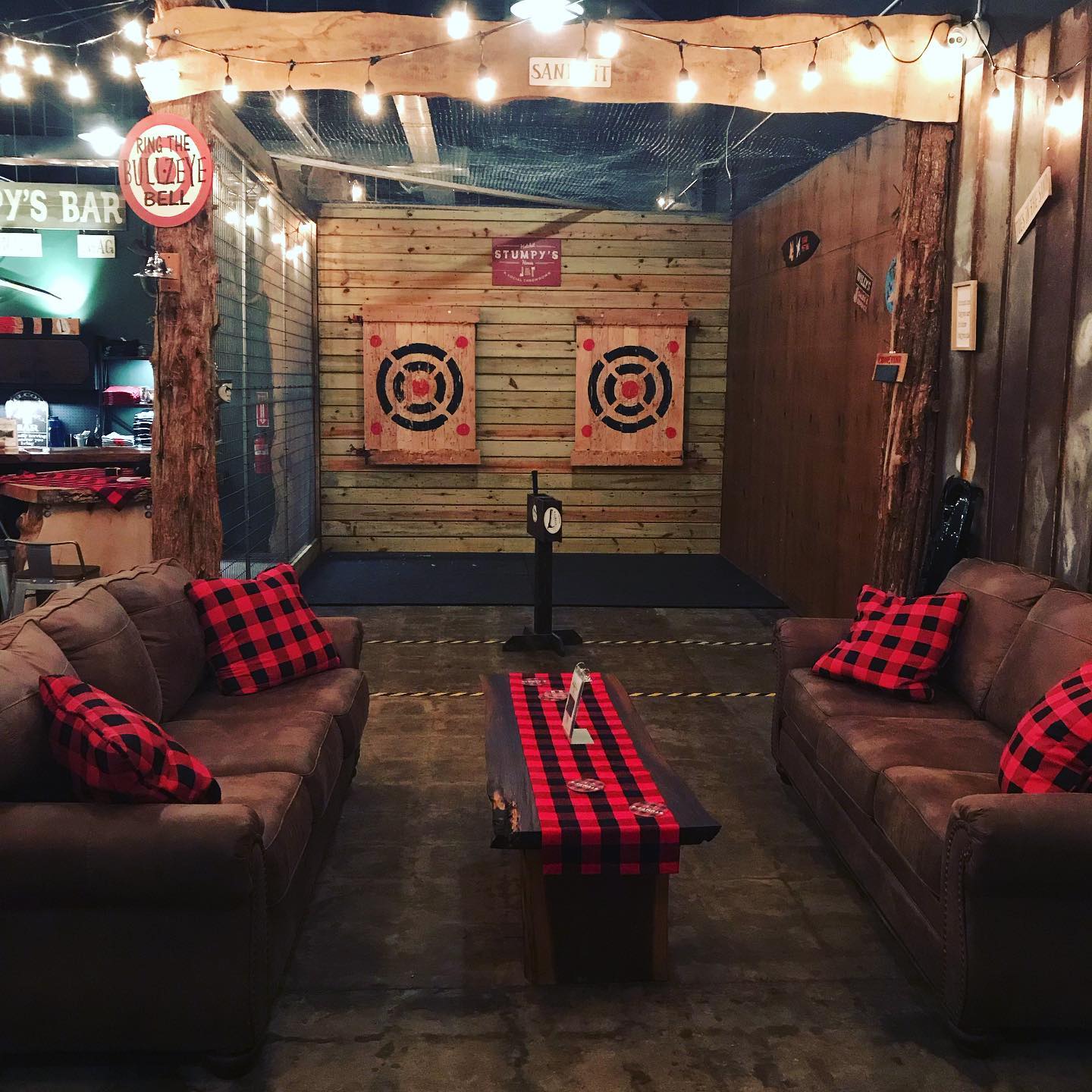Table Of Content

If you go to someone’s house in Yemen, the first thing they give you is coffee — it’s a big deal. If someone doesn’t offer you coffee, there’s something wrong,” he says, with a laugh. Alhasbani’s vision when he opened his first location in Dearborn in 2017 was to bring his homeland back to the forefront of coffee culture.
Delicious Sabaya
Qahwah House, a coffee shop specializing in Yemeni coffee and pastries, opened its doors July 18 at 5238 Touhy Avenue in Skokie. He has plans to open up more Qahwah House locations soon, but unlike Dearborn or Lombard, the new shops will likely be in places where Middle Eastern coffee is an unfamiliar concept. “We receive the Yemeni green beans from our warehouse in Michigan that we roast weekly — so our concept is not just freshly brewed, but freshly roasted as well,” Jaffery says. Yemeni farmers would grow coffee in the mountains around Sanaa, while the merchants readied it for export at the Yemeni port of Mocha, a city on Yemen’s western coast that borders the Red Sea, Morris says. The coffee from that region took on the name of the port, which is where mocha as we know it comes from.
Related Trip Guides
BBB asks third parties who publish complaints, reviews and/or responses on this website to affirm that the information provided is accurate. However, BBB does not verify the accuracy of information provided by third parties, and does not guarantee the accuracy of any information in Business Profiles. Marketing Manager Mohamed Ahmed said the business, which has another Illinois location in suburban Lombard, has expanded to Skokie in response to customer demand.

Recent Restaurant Reviews
Yemen is known for the port of Mocha or Al Mokha, where the shared name of the delicious espresso and chocolate drink gets its fame. The pride for his family, home country, and the history of the Yemeni coffee bean all fuel Alhasbani’s passion for running a café. “A lot of our customers and fans coming to our Lombard location were really adamant about our opening in Skokie,” he said.
Top Reviews of Qahwah House

The menu at Qahwah House in Lombard lists five types of Yemeni-style coffees that can be ordered steaming hot in a glass teapot or single serve. Sana’ani is a medium roast with hints of cardamom — a warm, slightly pungent and aromatic spice that gives most Yemeni coffee drinks their distinctive taste. Jubani is a medium-light roast made with both the bean and its dried skin, known as coffee husks, brewed with cardamom, ginger and cinnamon. And for coffee drinkers who need that splash of milk, mofawar is a traditional, softer-on-the-palate choice brewed gently with cream.
You Can Try Coffee from Its Birthplace at New Chicago Area Yemeni Coffee Shops - WTTW
You Can Try Coffee from Its Birthplace at New Chicago Area Yemeni Coffee Shops.
Posted: Fri, 08 Sep 2023 07:00:00 GMT [source]
The spacious shop has high ceilings and is carefully decorated with accents of wood and traditional Yemeni relics. Ahmed said the store aims to bring authentic coffee and new flavor profiles to Skokie. Owner Ibrahim Alhasbani’s family has been growing coffee for eight generations in Yemen, Ahmed said. Used by the ancients to clean and protect wounds, expedite the healing process and eliminate infection and disease, honey is still widely respected by both practitioners of alternative medicine, consumers and many doctors. Originally, we are from Yemen where we were born and raised amidst coffee plants.Our expertise originates from a long line of ancestors, all committed to the tradition and innovation of coffee. From this inherited practice, we know what it means to love coffee.
And naturally, Alhasbani sources the beans directly from his family’s eighth-generation farm in the Sanaa region of Yemen. “People who want to experience something different will come,” says Ibrahim Alhasbani, the founder and owner of the coffee shop based in Dearborn, Michigan. A neat feature to Yemeni coffee is that the beans are naturally sweet, and sometimes they consist of fruity notes like mango.
The ingredient list is simple, but the nuance of the boil and brew makes all the difference. A pour over is a handcrafted style of brewing coffee which requires a slow rhythmic process. After the first drops of water are absorbed in the beans, they must fluff up or “bloom” before more water is poured on top. This way of making coffee helps to maximize flavor and quality for the coffee drinker. In addition to the coffee beans that Alhasbani roasts and grinds in-house, he also offers tea and some food items.
Qahwah House in Lombard takes coffee back to its Yemeni roots: 'I want to build a bridge through coffee' - Chicago Tribune
Qahwah House in Lombard takes coffee back to its Yemeni roots: 'I want to build a bridge through coffee'.
Posted: Thu, 29 Dec 2022 08:00:00 GMT [source]
More in Restaurants, Food and Drink
Alhasbani only uses Yemeni coffee beans in the coffee drinks made at Qahwah House. Customers can ask for lattes, cappuccinos, espresso and anything else they might ask for in a typical coffee shop. Adeni chai — arguably the shop’s most popular tea drink and hailing from the Aden region of Yemen — is made with black tea, evaporated milk, cloves, cardamom, cinnamon and sugar.
Alhasbani revels in his customer’s first impulse upon settling down with the goods. They usually bust out their phones for an overhead shot of the dainty Arabic-style glass flute teacups and clear kettle arranged on a tray. The baristas, unofficially called Yemeni station masters, have to keep a close eye on the pots of chai and coffee so they don’t boil over, especially when several kettles are roiling at once. BBB Business Profiles generally cover a three-year reporting period. If you choose to do business with this business, please let the business know that you contacted BBB for a BBB Business Profile. BBB Business Profiles are provided solely to assist you in exercising your own best judgment.
In addition to coffee and tea, Qahwah House also offers cakes and pastries from Zingerman’s Bakehouse in Ann Arbor. He offers a pastry called bint al-sahn or sabaya that many Yemenis consider a particular favorite. Both the tea and coffee served can include added spices, depending on what the customer wants. This month, Ibrahim Alhasbani had a soft opening for his Yemeni coffee shop “Qahwah House” located at 6655 Schaefer Road. “Many people don’t understand or have ever heard of the fact that Yemen was the first country to ever introduce coffee as a drink,” he said.
Alhasbani and his family own the farm where his coffee beans are sourced. He said his father and grandfather worked in the coffee industry for a long time. The burlap bags of coffee stacked around the shop coupled with images of Alhasbani and his family’s farm conveys the farm-to-cup concept that ensures the quality of the coffee is controlled by those who grow it. DEARBORN—A cup of Joe is readily available at almost every intersection in the metropolitan area, especially Dearborn, where coffee shops, diners, hookah bars and gas stations all boast a bold and strong coffee. Latte aficionados may enjoy the store’s signature latte, which mixes honey, cinnamon, ginger and cardamom with espresso and milk, he added. The menu lists lattes and iced mochas, a photogenic iced caramel macchiato, a matcha latte and cappuccino, a cortado, affogato and hot chocolate.
Coffee was essentially put on the map by Sufis — who follow a mystical-leaning sect of Islam — when they began importing coffee from Yemen across the Islamic diaspora for a drink shared at spiritual gatherings, Morris says. The caffeine in coffee would help the Sufis get into elevated spiritual “highs,” Morris adds. Qahwah House is in the process of planning its grand opening for sometime in late October. Alhasbani bakes the layered pastry and serves it with a drizzle of a Yemeni honey on top. One blend of coffee that Alhasbani makes at Qahwah House consists of coffee husks.
On weekend evenings, there’s typically a line of people out the door waiting to order, as well as people waiting for a place to sit after ordering. The chaos is comforting — frothing milk, the whoosh of the pours, each station in full speed amid the steady stream of conversation. People who come in groups typically order the teas and coffees in pot sizes. The small pot is $9 and serves one to two people, while two to three can share the medium for $13, and the large is $22 and serves three to four people, though the servings can be stretched, depending on the pour. Arif Jaffery, partner and managing director of Qahwah House, says the timing is critical for Yemeni drinks like adeni chai, and communication is quintessential for the entire operation.











